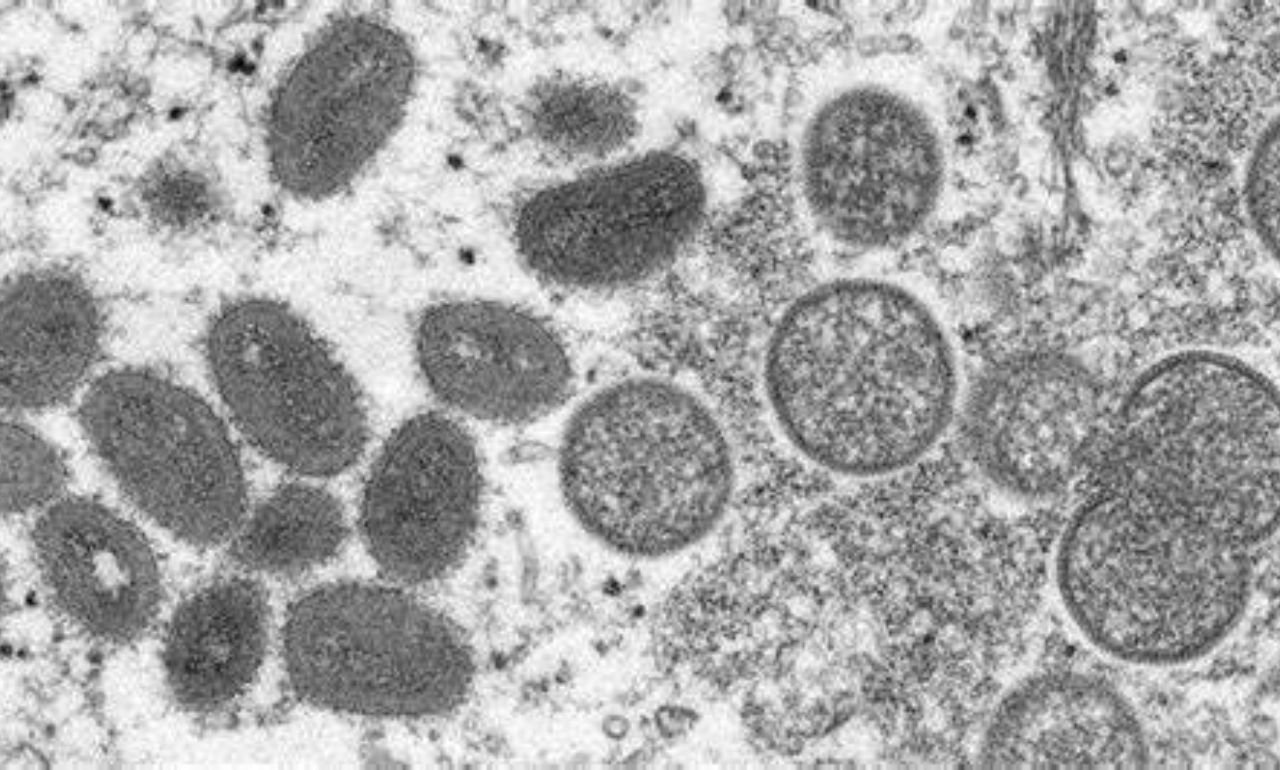In order to combat monkeypox, the WHO will distribute vaccines.


The World Health Organization announced the creation of a new vaccine-sharing mechanism to halt the spread of monkeypox in more than 30 nations outside of Africa. The plan could result in the United Nations Health Organization sending scarce vaccination doses to wealthy countries that could otherwise purchase them.
According to some health experts, the endeavour may miss an opportunity to manage the monkeypox virus in African countries where it has affected people for decades, acting as another example of vaccine distribution imbalance seen during the coronavirus epidemic.
WHO Director-General Tedros Adhanom Ghebreyesus said the organisation is working on a "fair access" plan for vaccines and treatments, which he expects will be ready in a few weeks. The approach was developed immediately after the United Kingdom, Canada, France, Germany, the United States, and other nations reported hundreds of cases of monkeypox last month.
WHO Director-General Tedros Adhanom Ghebreyesus said the organisation is working on a "fair access" plan for vaccines and treatments, which he expects will be ready in a few weeks. The approach was developed immediately after the United Kingdom, Canada, France, Germany, the United States, and other nations reported hundreds of cases of monkeypox last month.
Kluge advised nations to "address monkeypox without repeating the pandemic"s blunders." Nonetheless, he would not rule out the potential that countries such as the United Kingdom, which is presently experiencing Outside of Africa, the world"s largest outbreak may be able to receive vaccinations through the WHO"s system.
He stated that the initiative is being developed for all countries, and that vaccines will be distributed mostly based on their epidemiologic needs.
"Europe remains the hub of this rising pandemic," Kluge said, noting that 25 nations had reported over 1,500 cases, accounting for 85 percent of the global total.
Some African specialists questioned why the United Nations" health authority has never advocated utilising vaccines in the disease"s endemic regions of Central and West Africa.
Dr. Ahmed Ogwell, acting head of the Africa Center of Disease Control and Prevention, stated, "The place to start any immunisation should be Africa and not elsewhere."
He said the paucity of immunizations to combat monkeypox across the continent, where over 1,500 suspected cases and 72 deaths have indeed been documented this year, was a greater concern than the clusters of largely minor disease reported in developed countries.
"This is a continuation of the injustice we observed during COVID," said Dr. Ifeanyi Nsofor, Nigeria Health Watch"s director of policy and activism. "We"ve had hundreds of monkeypox cases in Nigeria from 2017 to now, and we"re handling with it on our own," he said. "No one has specified when African vaccines will be accessible."
Global health agencies rushed to set up COVAX, a United Nations-backed effort to distribute COVID-19 vaccines, after the coronavirus pandemic erupted in 2020. However, the majority of the world"s supply was purchased by wealthy countries, and the COVAX programme failed to meet various targets for sharing doses with the world"s poor.
Only about 17% of people in developing countries have gotten a single dose of coronavirus vaccine so far. The same thing could have happened with monkeypox, according to some experts.
"There is no obvious way for how impoverished countries will be able to receive vaccines," said Brook Baker, a Northeastern University professor of law who specialises in access to pharmaceuticals.
He warned that while the WHO tries to figure out how many vaccine doses are accessible, wealthy countries that had previously promised doses may refuse to comply.
Baker warned, "Rich countries would defend themselves while people in the global south die."
Public Citizen submitted a letter to the White House on Monday, asking if the Biden administration will release the 20 million smallpox vaccines pledged to the WHO in 2004 for use in an emergency, such as a biological assault.